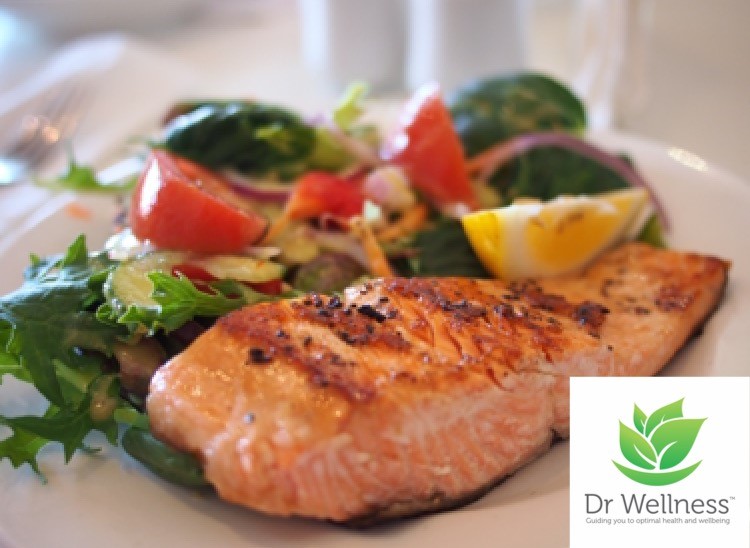The Paleo aka caveman diet has received a lot of press lately. Basically, it involves eating like our caveman ancestors. The plan will help most people lose weight, and reduce your risk of heart disease, cancer, diabetes etc. The paleo diet is a high-protein, high-fiber food plan that doesn’t involve counting or reducing calories. The core foods are lean meat, fish, fruits, vegetables, eggs, nuts, seeds and healthy fats (e.g. olive, avocado, coconut).
The main foods removed are grains (e.g. wheat, oat), legumes (e.g. chickpeas), dairy, sugar, potatoes, salt and refined vegetable oils (e.g. canola). You also can’t eat any processed foods on this diet (i.e. virtually anything in a packet).
It’s virtually impossible to strictly follow a Paleo Diet without eating meat, seafood, or eggs. Legumes, which are a great source of protein for vegetarians and vegans, are excluded on the paleo diet. A complete vegetarian or protein powder is one way round this. Another possibility if you are willing to be a less strict Paleo is to consume natural grass-fed butter, cheese and/or (no-added sugar) yoghurt. If you choose to drink milk (and aren’t allergic to casein) opt for the organic, raw, grass-fed variety.
Some people are concerned about missing out on the bone strengthening properties of dairy. There are plenty of myths surrounding dairy (bone strengthening is one) which I’ll discuss more in a future Dr Wellness Column.
Other people are also concerned that they will become unwell if they don’t eat grains as NZ guidelines recommend 6 servings of whole-grain foods per day. However, you’re more likely to become unwell by eating grains! This is partly because, although our bodies have hardly evolved from caveman days, we’ve only been eating processed grains for about the last 100 years, i.e. we aren’t designed to digest grains. Grains damage your gut and suppress immunity, among other problems. Also, modern farming practices have selected grains, to be high yielding and fast growing. This has changed the protein in the grain to one that triggers more allergic reactions. Lastly, grains don’t like to be eaten and contain substances that make it difficult to digest them. Sprouting and soaking grains helps (although there is always Paleo bread!).
My personal opinion is that paleo diets are definitely fantastic for reducing the amount of sugar, dangerous fats, carbohydrates and salt that are causing a chronic disease and obesity epidemic. However, vegetarians and vegans especially need support to ensure they obtain all their essential amino acids. As with any new eating plan it is best to seek support (from an Integrative Doctor or dietician).
Also, when switching to a strict paleo diet, the sudden decrease in dietary salt may cause light headedness (if so add 1/2tsp of Himalayan salt per day under medical guidance). The drop in salt will mean people on blood pressure drugs need to monitor their BP as they may need lower doses. The same goes for diabetics on blood sugar drugs. As their blood sugar improves they may need lower doses of diabetes medications. I also recommend supplementing the plan with calcium rich foods like tahini, and also vitamin D and B vitamins (including folate).

